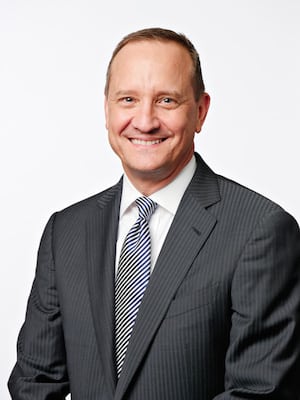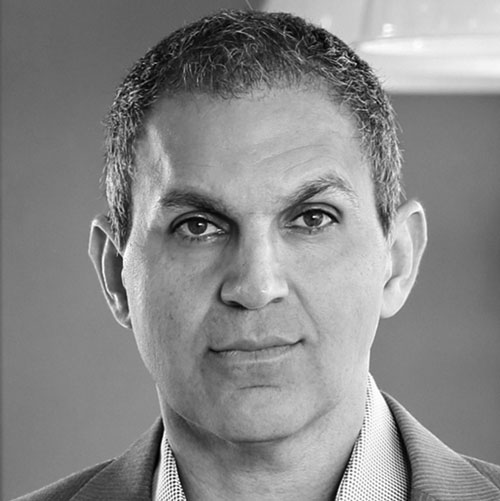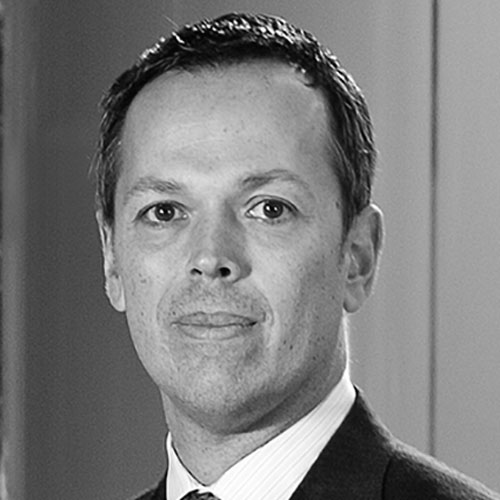
I see the Naval Academy as a leadership lab. It drives multidimensional development of young people—morally, mentally, and physically. One thing that people get wrong with the military is that it’s not hierarchical. You set ambitious goals, focus on team chemistry, and take care of your people—you make them successful and get out of their way, empowering them to define the journey and drive results. It’s simple but true: people will not follow you into battle if you do not care about them.
Transitioning from the Naval Academy to the real world, you apply those leadership fundamentals. I consider myself extremely fortunate to have joined Goldman Sachs after business school. It is a company that is defined by world-class performance. That’s the standard, and there’s no compromise.
At Goldman, I had the fortune of advising the government of Abu Dhabi on their investment into the semiconductor industry. I built great relationships with important, forward-leaning leaders of the country, and they offered me a role to lead the mergers and acquisition and strategy team of a new $20 billion private equity fund that would be focused on technology investments.
There I got a chance to lead teams again—I had lost sight of the importance of this from my military experience. I got a chance to put my fingerprints on the culture of a company. I got a chance to grow, coach, and mentor incredibly bright, energetic young professionals who fundamentally wanted to change the world.
Over time, one of our portfolio companies, Global Foundries, was struggling to find its footing. And it wasn’t doing me much good sitting in the desert admiring the problem.
I think back to an experience on one of my ships in the Navy, when it was undergoing a large inspection. One of the divisions was struggling, specifically with the core of what the inspection was about. The commanding officer asked me to step in, drive a turnaround of the division, and help support the ship through the inspection successfully. The ship would not have passed if the commanding officer hadn’t made this difficult decision—it wasn’t about me, it was the fact that the prior leader simply didn’t have the skills needed for the situation. What it taught me was the importance of having the right people for the job. When you fundamentally have the wrong leadership, it’s a problem that time will not solve. And that gets back to Global Foundries—we had a problem that required a different set of skills.
My move to Freescale Semiconductor is where I get a little philosophical. We all apply our own filter in life, and my filter is very simple: if you like what you do and you like who you do it with, it’s a great place to be. The talent at this company is off the charts, which gets me back to the core principle of the military—a deep sense of caring about people.
I’m not an academic person; to me, the best lessons in life are not learned from books. I think you truly learn from real-life experiences. It’s a personal journey. And at the core of my journey in life are the fundamentals I learned in the military.

